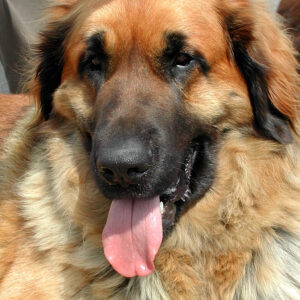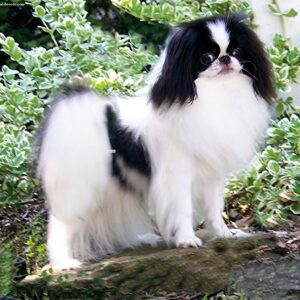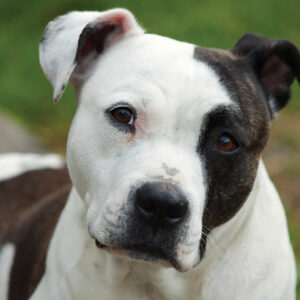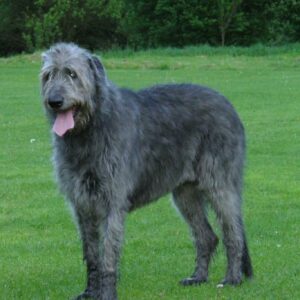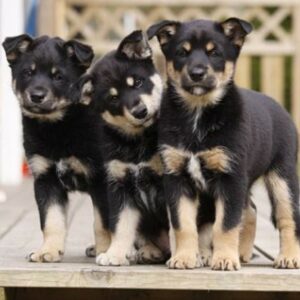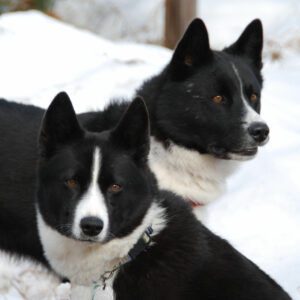Cavalier King Charles Spaniel – The Adorable Companion You Need
Are you looking for a small, friendly and loving dog as your new pet companion? Then look no further than the Cavalier King Charles Spaniel. These cute and loyal dogs will steal your heart with their affection and playful nature. Read on to learn more about the history, origin and characteristics of this adorable breed, and find out how to take care of your furry friend with proper training and nutrition.
History of Cavalier King Charles Spaniels
The Cavalier King Charles Spaniel is a popular companion dog which was originally bred in the United Kingdom to be a royal lapdog. The breed was named after King Charles II, who was said to be very fond of this type of dog. The Cavalier was known as a Toy Spaniel until the 1920s, when it was officially recognized as a separate breed in the UK. The American Kennel Club recognized the breed in 1995, and it has been a popular pet ever since.
Cavalier King Charles Spaniels have a long history of being bred for their friendly and obedient nature, which makes them a perfect companion for people of all ages. They thrive on human interaction and love being part of the family, making them the perfect choice for those looking for a loving and loyal pet.
Origins of Cavalier King Charles Spaniels
The Cavalier King Charles Spaniel can be traced back to the 16th century when it was bred in the United Kingdom as a hunting dog. They were initially bred as lapdogs and were highly prized by royalty due to their affectionate nature and endearing disposition.
The Cavalier King Charles Spaniel, also known as the “Comforter Spaniel”, was first classified as a separate breed by the British Kennel Club in 1945. The breed made its way to the United States in the early 20th century and has since become a beloved breed among pet owners worldwide.
Characteristics of Cavalier King Charles Spaniels
The Cavalier King Charles Spaniel is a small and compact breed that weighs between 13 and 18 pounds. With its soft and silky coat, it has a friendly and affectionate nature that makes it a popular pet choice. The breed’s facial features include big, round eyes and long, floppy ears that are both endearing and adorable.
One of the most distinctive characteristics of Cavalier King Charles Spaniels is their wagging tails, which constantly seem to be in motion. This constantly wagging tail is a sign of the breed’s friendly nature and constant need for attention from their owners.
Cavalier King Charles Spaniels are also known for their adaptability and can thrive in a variety of living environments, from small apartments to large homes with lots of outdoor space. They love to exercise by going for walks, playing in the park, and even swimming.
Choosing the Best Food for Cavalier King Charles Spaniels
Choosing the right food for your Cavalier King Charles Spaniel is important for their overall health and wellbeing. A balanced diet that includes a mix of protein, carbohydrates, and healthy fats will help keep your pet in good shape and ensure they grow and develop properly.
When choosing food for your pet, it is important to consider their age, weight, and any specific dietary requirements they might have. There are many different types of pet food available, from wet to dry, and raw and organic, so it is important to find the right one that meets your dog’s nutritional needs.
Some ingredients to look out for when selecting pet food include lean meats like chicken, beef, and fish as well as healthy vegetables like carrots, peas, and sweet potatoes. Avoid foods with high levels of artificial ingredients, grains, and fillers, which can lead to weight gain and digestive problems.
Training Your Cavalier King Charles Spaniel
Training your Cavalier King Charles Spaniel is important to ensure they are well-behaved and obedient dogs. Early training is essential, as the breed can be stubborn at times and may require a patient and gentle approach to training.
Cavalier King Charles Spaniels respond well to positive reinforcement, which involves rewarding good behavior with treats and praise. Consistency and repetition are key when training your pet, and it is important to establish clear boundaries and rules from the start to avoid any confusion or issues down the line.
Socialization is also important for Cavalier King Charles Spaniels, as they love people and other pets. Exposing your pet to different environments and social situations from a young age will help them become well-adjusted and confident in any situation.
Taking Care of Your Cavalier King Charles Spaniel
Caring for your Cavalier King Charles Spaniel involves providing them with proper nutrition, exercise, and affection. Regular grooming is also essential, as the breed has a thick, floppy coat that requires regular brushing and bathing to keep it clean and free of tangles and mats.
It is also important to provide your pet with regular veterinary checkups to ensure they are healthy and free from any illnesses or medical conditions. Vaccinations, flea and tick prevention, and heartworm medication are all important aspects of your pet’s overall health and wellbeing.
Finally, providing your pet with love, attention, and plenty of exercise will help keep them happy and healthy, and strengthen the bond between you and your beloved furry friend.
FAQs
What is the lifespan of a Cavalier King Charles Spaniel?
The average lifespan of a Cavalier King Charles Spaniel is between 9 and 14 years.
Are Cavalier King Charles Spaniels good with children?
Yes, Cavalier King Charles Spaniels are known for their loving and friendly nature and are excellent companions for children. They are gentle and affectionate dogs that thrive on human interaction and love being part of the family.
Do Cavalier King Charles Spaniels require a lot of exercise?
While Cavalier King Charles Spaniels do require daily exercise, they can adapt to a variety of living environments and do not require excessive amounts of physical activity. A daily walk, playing in the park or backyard, and a game of fetch are all excellent ways to keep your pet active and healthy.
Are Cavalier King Charles Spaniels easy to train?
Cavalier King Charles Spaniels can be stubborn at times, but they are generally easy to train with a patient and gentle approach. Positive reinforcement and consistency are key when training your pet, and early training is essential for best results.
Conclusion
If you are looking for a loyal and loving pet companion, then the Cavalier King Charles Spaniel could be the perfect choice for you. With their friendly and affectionate nature and cute and cuddly appearance, these dogs will steal your heart and bring joy to your life for years to come. Remember to provide your pet with proper nutrition, training, and care, and you will have a happy and healthy dog that will be your loyal friend forever.

